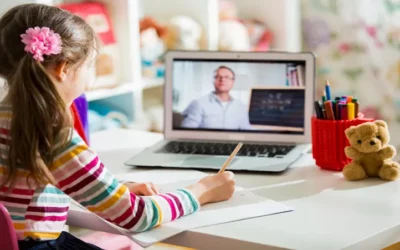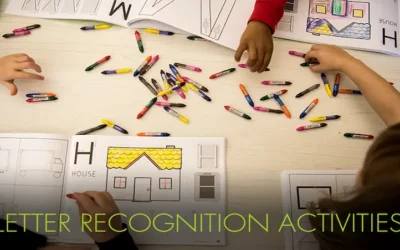Academic skills are the essential tools that empower individuals to excel in educational pursuits. From critical thinking to effective time management, these skills form the bedrock of academic achievement. Enhancing academic skills not only bolsters performance in the classroom but also equips individuals with valuable life skills. This article delves into various academic competencies and their broader implications.
In this blog, we explore the multifaceted world of academic skills, offering insights and strategies to cultivate them for academic excellence and beyond.
Table of contents
Foundational Academic Skills
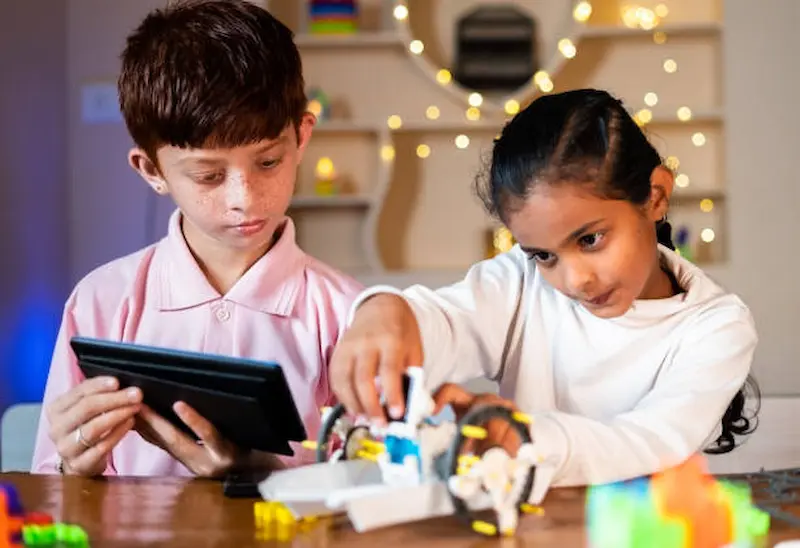
A. Critical Thinking
Critical thinking is the ability to analyze, evaluate, and synthesize information to make reasoned decisions. It’s a cornerstone of academic success and problem-solving in everyday life. Cultivating critical thinking skills involves questioning assumptions, considering multiple perspectives, and drawing well-informed conclusions. Its importance extends beyond academia; it empowers individuals to navigate complex issues and adapt to change.
To foster critical thinking skills for kids, it’s essential to create an environment that encourages their intellectual growth. To develop critical thinking, engage in debates, read diverse sources, and practice problem-solving.
B. Time Management
Effective time management is vital for academic achievement, maintaining a healthy work-life balance, and ensuring there’s room for fun activities for kids. Techniques include creating schedules, setting priorities, and breaking tasks into manageable steps. Avoid procrastination and utilise tools like calendars and to-do lists.
Balancing academic and personal life involves setting boundaries, delegating tasks, and practising self-care. Striking this balance enhances overall well-being and supports long-term success in both academic and personal pursuits.
Reading Skills

A. Active Reading
Active reading is a fundamental skill for comprehension and effective learning, especially when it comes to books for kids. Strategies for active reading include highlighting key points, annotating, and asking questions while reading. Active readers engage with the text by making connections, visualising the story, and summarising main ideas. Note-taking during reading aids in retaining information and simplifying complex concepts. Jot down key insights, unfamiliar terms, and questions to delve into later, ensuring an enriching reading experience for children.
B. Speed Reading
Speed reading is the art of quickly absorbing and comprehending text, which can be especially valuable when exploring free books for kids. Techniques for speed reading encompass minimising subvocalization (silent reading voice), using a pointer or finger to guide your eyes, and practising chunking, where you group words together. Regular practice exercises, such as timed reading sessions, help increase reading speed and maintain comprehension. Balancing speed with comprehension is the goal for efficient reading, ensuring that children can enjoy and learn from their free books effectively.
Writing Skills
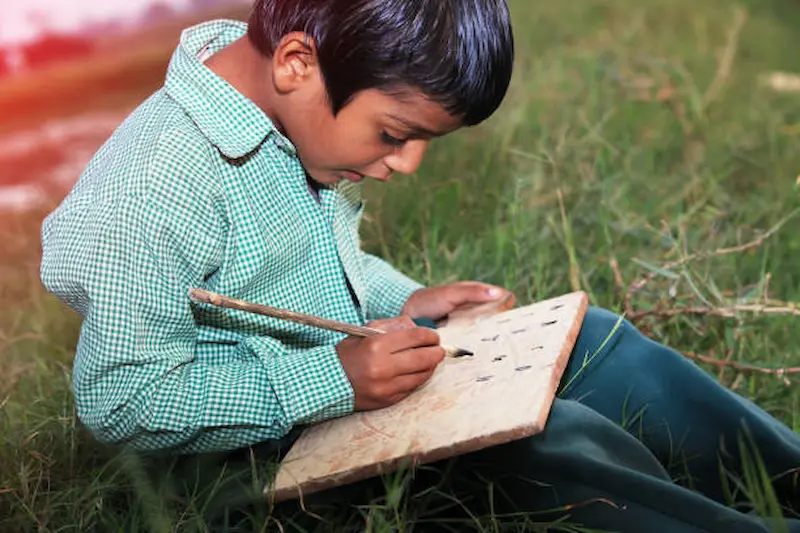
A. Essay Writing
Essay writing is a fundamental skill in academia and can even be an educational exercise, like a word search for kids. The structure of an academic essay typically includes an introduction, body paragraphs, and a conclusion. Start with a clear thesis statement, followed by well-organised supporting points. To enhance essay writing, focus on refining your grammar, vocabulary, and logical flow. Don’t forget to revise and proofread to eliminate errors and enhance clarity, making the writing experience as enjoyable and instructive as a word search puzzle for children.
B. Research Papers
Research papers require a systematic approach. Begin with selecting a topic, conducting thorough research, and crafting a well-organised outline. Develop a compelling thesis statement and support it with credible sources. Cite your sources properly to avoid plagiarism by using citation styles like APA or MLA. Always give credit to the original authors and use plagiarism-checking tools when in doubt.
Note-Taking

A. Effective Note-Taking Methods
- Cornell Note-Taking System
The Cornell method divides notes into sections: A narrow left column for cues or questions, a wider right column for main ideas, and a summary section at the bottom. This structured format aids in reviewing and summarising information effectively.
- Mind Mapping
Mind maps are visual diagrams that help you connect ideas and concepts. Start with a central idea and branch out with related subtopics. This method encourages creativity and enhances comprehension by showing relationships between ideas.
B. Digital Note-Taking Tools
- Overview of Note-Taking Apps
Digital note-taking apps like Evernote, OneNote, and Notion offer convenience and organisation. They allow you to create, store, and access notes across devices, making studying on the go easier.
- Tips for Organizing Digital Notes
To keep digital notes organised, use clear titles, tags, and folders – a practice that can also benefit in structuring activities for kids. Regularly review and update your notes, and back them up to prevent data loss. Utilise search functions to quickly locate specific information within your digital notes, ensuring that your data remains easily accessible and well-maintained, much like the way well-organised activities enhance children’s learning experiences.
Studying Techniques
Effective studying is essential for academic success, and it can involve techniques as engaging as asking questions for kids. Utilize active learning methods such as summarizing, questioning, and teaching the material to others. Employ the Pomodoro technique to break study sessions into manageable intervals, enhancing focus and retention. Find the approach that suits your learning style best to optimize your study efforts, much like the way questions for children can stimulate their curiosity and comprehension.

Test-Taking Strategies
A. Preparing for Exams:
Effective exam preparation involves creating a study schedule, using active learning techniques, and practicing with past exams. Don’t cram; space out your study sessions for better retention. This approach is similar to reading for kids, where it’s essential to break down complex stories into manageable portions. Successful exam preparation requires more than just reading through notes. Start by creating a detailed study schedule, breaking down topics into manageable portions.
B. Test Day Tips:
On exam day, arrive early, stay hydrated, and remain calm. Read instructions carefully, allocate time wisely, and review your answers. Stay confident; you’ve prepared for this moment, and you’ve got this. Maintain a calm demeanour and read all instructions thoroughly. Allocate your time wisely among questions and review your answers before submission.
Collaboration and Group Work
A. Teamwork in Academics
Collaborative learning in academia offers numerous advantages. It encourages students to engage with diverse perspectives, promoting critical thinking and deeper understanding of the subject matter. When students work together, they share their knowledge and experiences, enriching the learning process for all involved.
Effective communication within academic groups is pivotal, and it can be as helpful as engaging in mind mapping for kids. Establishing clear roles, setting common goals, and maintaining open channels for dialogue facilitate the exchange of ideas and ensure that everyone is on the same page, promoting a collaborative and productive environment similar to the way mind mapping enhances creativity and organization for children.
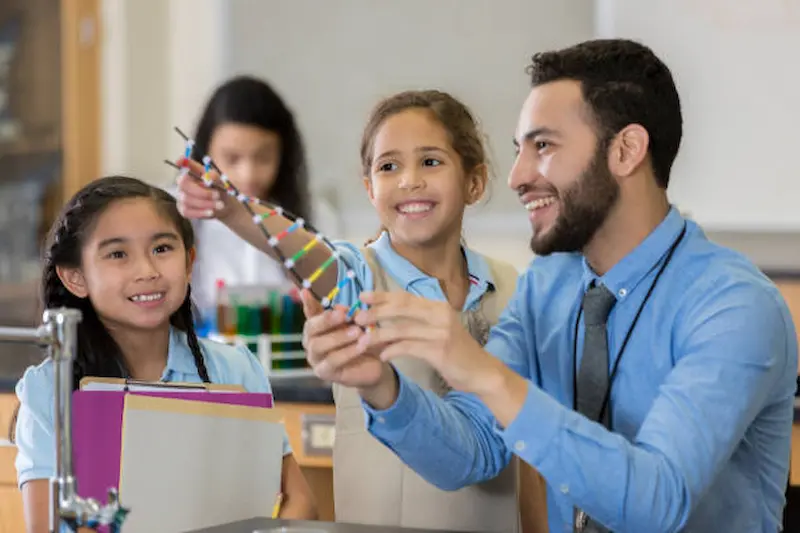
B. Handling Group Projects
When dealing with group projects, it’s essential to divide responsibilities thoughtfully, much like coordinating art projects for kids. Assign tasks based on each member’s strengths and interests, ensuring a fair distribution of the workload. Regular communication and collaboration among group members help keep the project on track and enable the team to leverage each member’s expertise, fostering a cooperative and productive environment akin to engaging in creative art projects for children.
Critical Evaluation of Sources
When researching, critically evaluate sources, a valuable skill that can also be applied when nurturing leadership skills for kids. Check for credibility, relevance, and bias in the materials you encounter. Examine the author’s qualifications and the publication’s date. Diversify your sources to gain a well-rounded perspective. It’s especially crucial to scrutinize online information, as misinformation can be prevalent.
Developing strong source evaluation skills is essential for informed decision-making, maintaining academic integrity, and equipping children with leadership qualities that will serve them well in the future.
Overcoming Academic Challenges
Facing academic challenges is common, even when engaging in fun & educational activities for kids. Seek help from professors, tutors, or classmates when needed. Stay organized, manage your time wisely, and maintain a growth mindset. Embrace setbacks as opportunities for growth, and remember that persistence and resilience are key to overcoming academic hurdles, just as they are important qualities for children as they explore various fun & educational activities.
Online Learning Skills

Online learning demands specific skills for success. Effective time management is crucial to balance coursework with other responsibilities, even when competing with the allure of online games for kids. Strong self-discipline and motivation help maintain focus. Proficiency in navigating online platforms and troubleshooting tech issues is vital. Engaging in online discussions and seeking help when needed fosters a supportive learning community. Developing these skills ensures a productive and enriching online learning experience.
Conclusion
Academic skills are the foundation of successful learning and intellectual growth. Developing essential academic skills, such as critical thinking, time management, and effective note-taking, offers numerous advantages. These skills enhance comprehension, problem-solving, and overall academic performance. Moreover, they are transferable, benefiting your personal and professional life, improving decision-making, and fostering lifelong learning.
To get your hands on more such educational and free resources on coding, robotics, game development, etc., do check out the Brightchamps Blog Page now!
Frequently Asked Questions (FAQs)
A1. Enhance your critical thinking skills by practicing active questioning, considering diverse perspectives, and engaging in problem-solving exercises.
Q2. What’s the best way to manage my study time effectively?
A2. Manage study time effectively by creating a structured schedule, setting priorities, and taking regular breaks to maintain focus.
Q3. How do I overcome writer’s block when working on essays?
A3. Overcome writer’s block by starting with an outline, freewriting, or changing your environment to stimulate creativity.
Q4. How can I stay motivated when facing academic difficulties?
A4. Stay motivated during academic challenges by setting achievable goals, seeking support, and reminding yourself of your long-term objectives.
Q5. What are some effective strategies for reducing test anxiety?
A5. Reduce test anxiety with strategies like deep breathing, positive self-talk, and practicing mindfulness techniques.

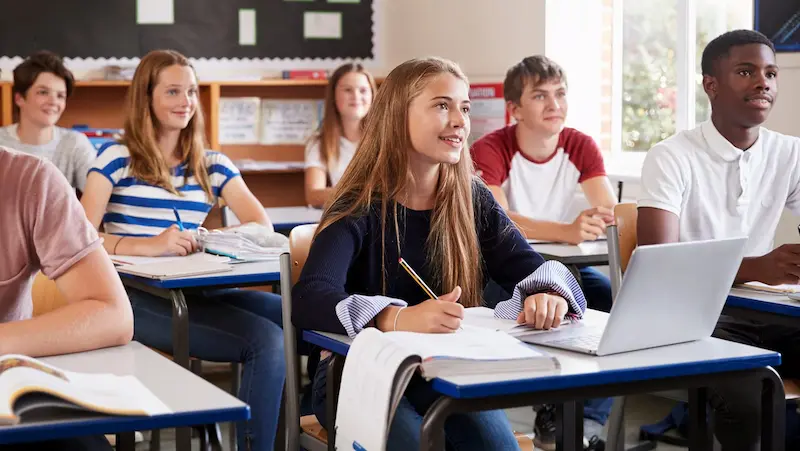
 We are an army of educators and passionate learners from BrightChamps family, committed to providing free learning resources to kids, parents & students.
We are an army of educators and passionate learners from BrightChamps family, committed to providing free learning resources to kids, parents & students.













